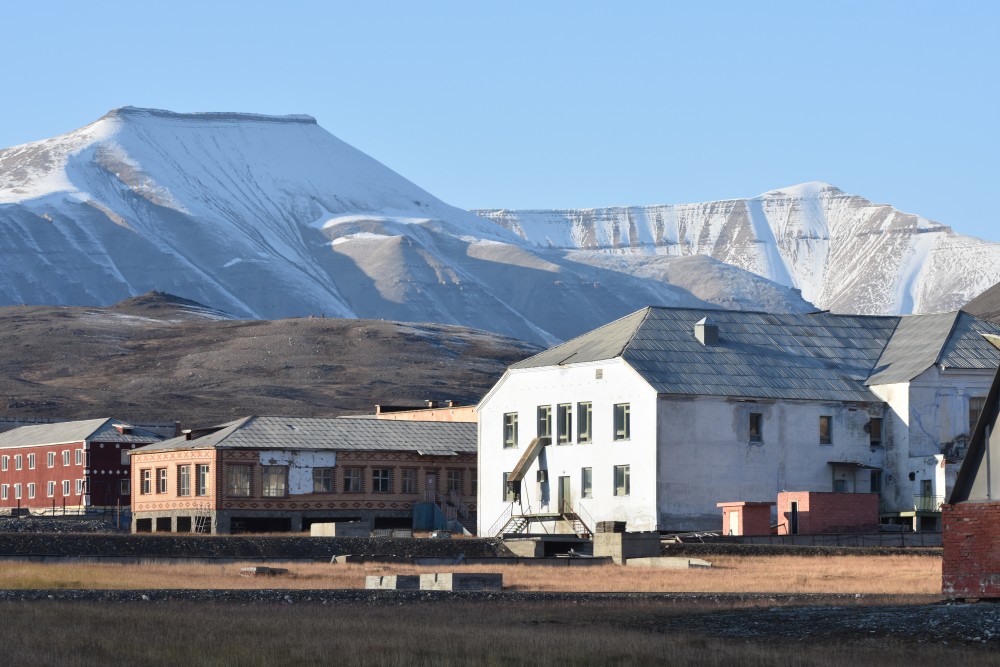A statement from Moscow two weeks after Norway revealed its White Paper on Svalbard policy indicates Russia’s plans for its own presence in the region. The Norwegian government asserted that the University Centre of Svalbard (UNIS) is to be the sole provider of higher education on this island cluster under Norwegian sovereignty.
Natalia Golubeva of the Russian Ministry discussed the proposed Svalbard BRICS science centre with journalists. This idea was explored at the working group on cooperation in oceanic and polar research zones within the framework of Russia’s BRICS chairmanship held in Murmansk. The budding project’s progression now relies on the political climate and endorsement from participating countries, as cited by Interfax quoting Golubeva.
Possible contributors to the initiative might include China, India, Iran and the United Arab Emirates, in addition to other BRICS nations, all regarded by Moscow as allied states. It’s worth mentioning that last August, Russia reclassified its relationship with Norway from “unfriendly” to “very unfriendly.”
Plans for constructing an international scientific complex in the abandoned town of Pyramiden were presented by Russia following this development. Russia is permitted to exploit natural resources due to its status as a signatory of the 1920 Svalbard Treaty.
As coal resources in Barentsburg are depleting, Russia has shifted its focus towards academic pursuits. By involving other countries in these activities, it challenges Norway’s University Centre in Longyearbyen and the existing international scientific community in Ny-Ålesund at the northern part of the island.
China and India are both engaged in Arctic research activities in Ny-Ålesund. Murmansk Marine Biological Institute (MMBI), an affiliate of the Russian Academy of Science, is a vital collaborator in establishing the new science centre in Pyramiden. MMBI’s Deputy Science Director, Denis Moiseev, is optimistic that the scientific centre will be launched this year.
According to Moiseev, the Russian Federation’s government is projected to approve the establishment of the scientific centre soon, with practical work commencing within this year. Last year, MMBI and China’s Polar Research Institute entered into a cooperative agreement for Arctic expeditions, including those in Svalbard.
Key elements of Russia’s approach towards science and higher education at Svalbard include the placement of the main scientific hub in Pyramiden, with more to be set up in Grumant, Coles Bay, and Barentsburg. The plan encompasses a range of studies, such as cultural history, medical biology, and paleography. A consortium will be formed featuring research and educational institutions from allied states.
Moiseev likened the potential BRICs centre to the Norwegian Svalbard International University (UNIS). The Murmansk conference on oceans and polar research this week saw participation from over 50 scientists from BRICS countries.
